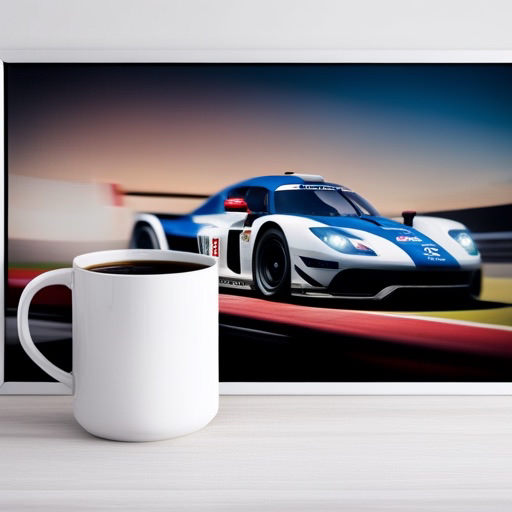During the 24 Hours of Le Mans, one of the most prestigious endurance races in the world, drivers don’t sleep while they’re actually driving the car. Teams typically consist of three drivers, who rotate throughout the race.
Here’s how it works:
Rotations: The race is a continuous 24-hour event, and drivers take turns at the wheel of the car. The exact length of each stint can vary, but it’s usually around 2-3 hours. Teams try to optimize stint length to coincide with other necessary pit stops, such as refueling and tire changes.
Resting: When a driver is not in the car, they are in the pits resting, eating, hydrating, and possibly even sleeping. They are also debriefing with their team about car performance, track conditions, and race strategy.
Sleeping: It’s challenging for drivers to get much sleep during the race due to the adrenaline and noise. However, they do try to get some rest during their off times. Short naps can help to refresh and rejuvenate them.
Preparation: Drivers typically adjust their sleep patterns and diets leading up to the race to prepare for the demands of the 24-hour event. This might include things like shifting their sleep schedule, staying well-hydrated, and eating a balanced diet to ensure their body is ready for the grueling demands of the race.
Safety Regulations: There are also safety regulations in place to ensure drivers do not overexert themselves. For instance, there are rules that limit the amount of time a driver can continuously be at the wheel (usually no more than 4 hours within a 6-hour period).
Yes, some race car drivers may drink coffee. Like any other individuals, it depends on their personal preferences and health considerations. Coffee contains caffeine, which is a stimulant that can increase alertness and reduce fatigue, which could potentially be beneficial in a long or physically demanding race.
However, it’s important to note that consuming too much caffeine can lead to dehydration, increased heart rate, and other potential issues. Therefore, race car drivers need to balance their intake, just like any other professional athlete. Furthermore, it’s also important to mention that some sporting bodies have limits on the amount of caffeine an athlete can consume before it is considered performance-enhancing and thus falls under doping regulations. I don’t believe caffeine is on the World Anti-Doping Agency’s prohibited list but it is being monitored.
Professional athletes, including race car drivers, often work with nutritionists and health professionals to make sure their diet, including caffeine intake, is appropriate for their performance needs and overall health.
Please note that if you purchase from clicking on the link, some will result in my getting a tiny bit of that sale to help keep this site going.

